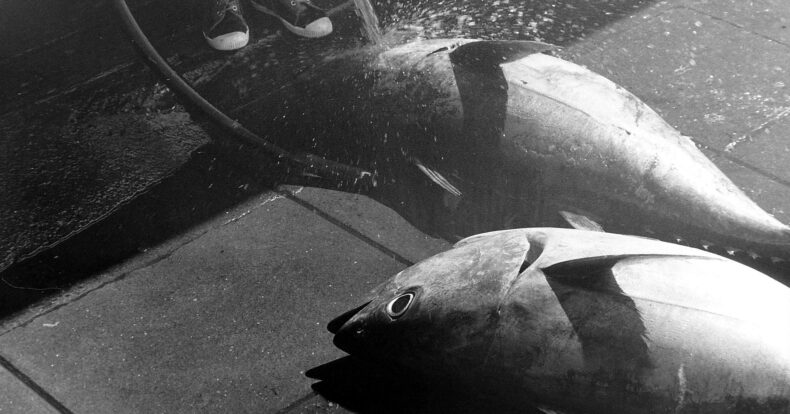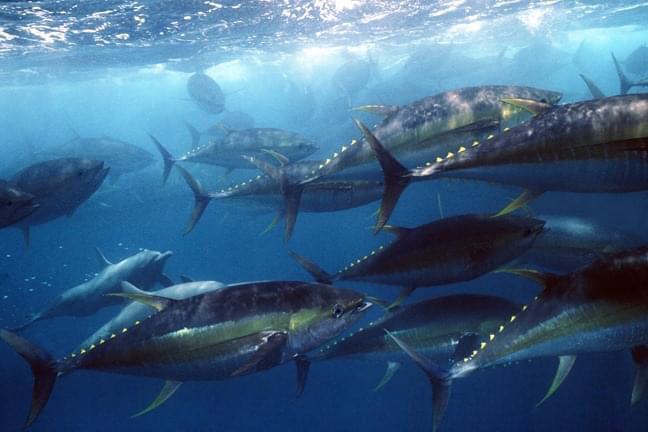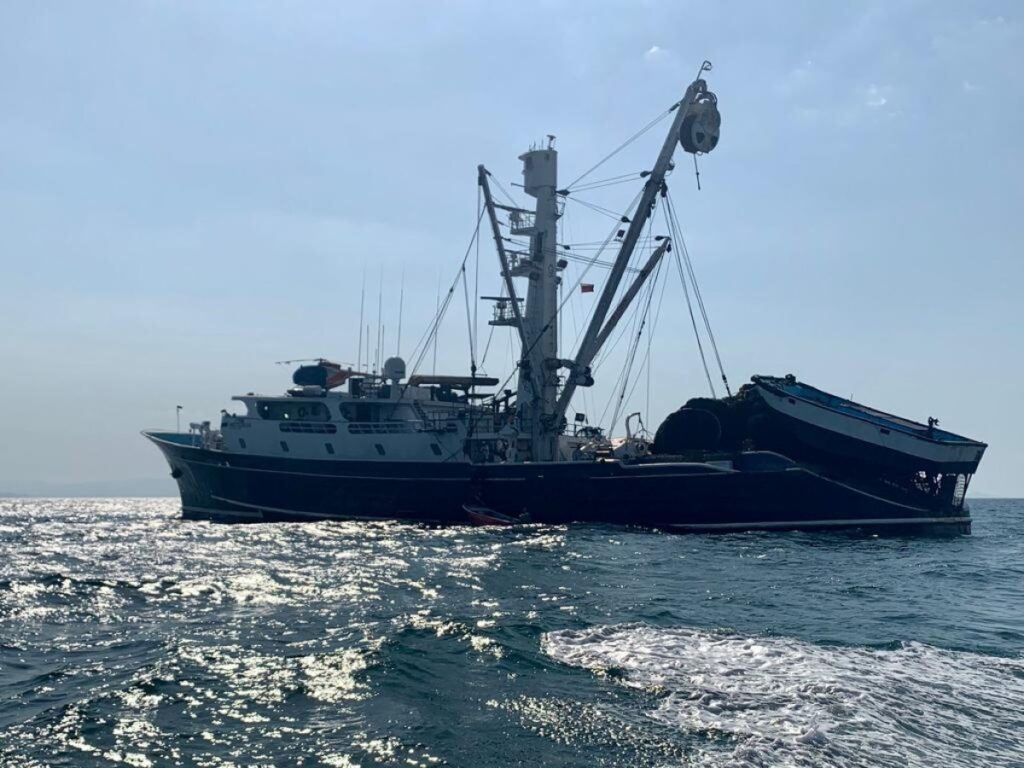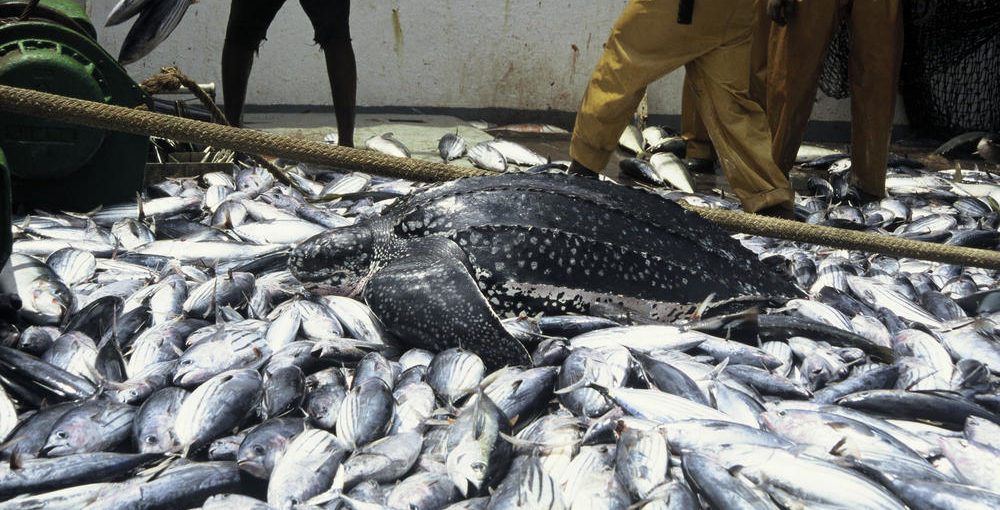Tuna Fishing Law in Costa Rica

The “Tuna Fishing Law” in Costa Rica in 2025 refers to the Law to Recover Tuna Resources (File 21.531), signed in 2022 and whose regulation is pending following an order by the Fourth Chamber in October 2025.
The Constitutional Court of Costa Rica ordered the Executive Branch to urgently issue regulations for Law No. 10304, passed in August 2022. This law establishes new provisions for the management of tuna in national waters and seeks to strengthen local fishing activity.
The court responded to an appeal filed by environmental lawyer Walter Brenes against the Costa Rican Institute of Fisheries and Aquaculture (INCOPESCA) and the Ministry of Agriculture and Livestock (MAG) for failing to complete the regulations for the law. According to the Chamber, the lack of these regulations contravenes the principle of legality and Article 140, paragraph 3, of the Constitution, which prevents the proper management of tuna resources.
The 10304 Law opens the door to curbing shark fishing: if tuna is managed better, there will be less pressure on endangered species.
Deadline for regulation
The Court gave the MAG a period of two months to coordinate with INCOPESCA and other institutions to draft and publish the regulations. In the case of non-compliance, the heads of the ministry could face legal sanctions.
Walter Brenes noted that regulating the law could ease pressure on species sharing the tuna ecosystem.
Main provisions of Law 10304



The Law 10304 declares tuna to be a resource of public interest and a strategic national asset. Among its measures, the following stand out:
- Reservation of the first 80 nautical miles of the Exclusive Economic Zone for artisanal and medium-scale fishers, excluding industrial purse seine vessels.
- Requirement that tuna destined for the domestic market be caught by Costa Rican vessels.
- Elimination of free licenses for foreign fleets, which will be replaced by paid 60-day permits, with the obligation to land catches in Costa Rican ports.
- Creation of a national tuna fleet, considered to be in the public interest, backed by a trust fund of 4 billion colones to purchase vessels and lease them to local fishermen.
- Faculties for INCOPESCA to propose and update the fishing plan each year, define capture methods, and promote the marketing of fresh tuna and tuna products.
- Establishment of an onboard observer program to verify compliance with regulations, with fines of up to 25% of the value of the vessel in case of violations.
Law on Fisheries: Impact on Coastal Communities
The law aims to boost coastal jobs by prioritizing Costa Rican fishers and local tuna processing. Despite dismissing the appeal on quotas and observers, the Court highlighted the need to implement the regulations.
The decision supports lawful tuna fishing and benefits coastal areas through organized marine resource use.
Sensorial Sunsets
Navigate articles



